Narcissistic abuse can be devastating and traumatizing, to say the least. In most cases, we suffer from this type of abuse over several years and often it comes from people who we trust and love the most. Narcissistic abuse can not only affect our mental and emotional health but can also change who we are as a person and how we live the rest of our lives. However, it is possible to heal from PTSD and complex trauma incurred as a result of narcissistic abuse.
How Do I Heal from Narcissistic Abuse?
What to do when your heart wants someone that your mind knows is bad for you.
By Dr. Elinor Greenberg
I am often asked some version of the following question by people who are newly out of an abusive relationship with a narcissist. They say:
My ex treated me miserably. By the time they kicked me to the curb, I was a total mess. I had lost my self-esteem and most of my self-confidence. It took me weeks to stop crying. I am in therapy and finally able to function again. Clearly, I know that I am better off without this relationship, but I still fantasize about my ex every day and wish that we could be together. Why can’t I just forget this person and move on?
Read How Narcissistic Abuse Changes You
One of the ways to understand what is going on here is to realize that our minds and our hearts sometimes travel on separate tracks. The key to healing is having them communicate with each other.
Your heart says: I love this person.
Your mind says: It is over. They abused you. You need to get far away and never go back.
This back-and-forth dialogue can go on for a long time without being resolved. These are two entirely different views of the same situation. One view is focused on how good it felt when things were going well and the other is focused on the reality of how everything actually turned out. You do not have to passively wait until something happens to breaks this stalemate. There are things that you can do to speed up your healing and end this emotionally destructive push/pull.
Note: I am using the terms “Narcissist” and “Narcissistic” in this article as shorthand for the much longer phrase: a person who has made a Narcissistic adaptation to a childhood situation and who now manifests a pattern of responses that is generally called a Narcissistic Personality Disorder.
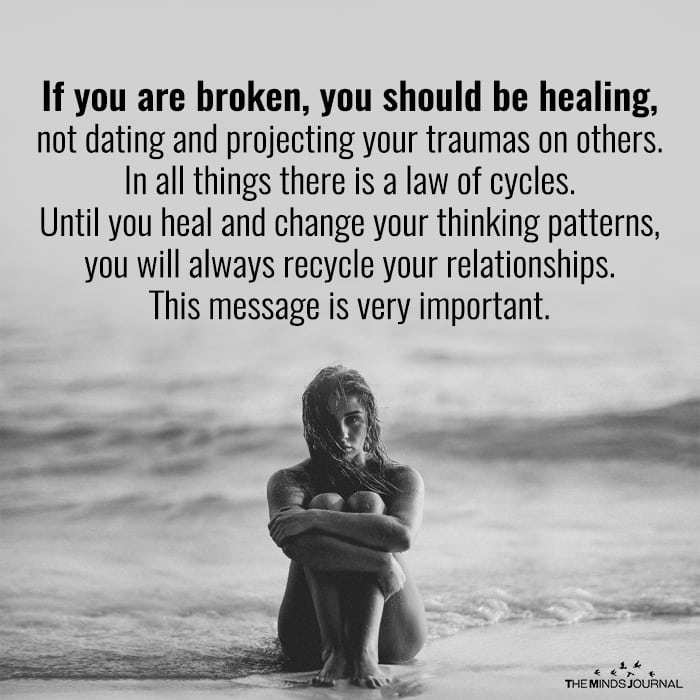
“When we meet and fall into the gravitational pull of a narcissist, we are entering a significant life lesson that involves learning how to create boundaries, self-respect, and resilience. Through trial and error (and a lot of pain), our connection with narcissists teaches us the necessary lessons we need to become mature empaths.” – Mateo Sol
Exercise — Challenge your False Beliefs
Here is a 4 part exercise that can speed up the process of healing:
Part 1 — Write down all your beliefs about your relationship with your narcissistic ex that interfere with you moving on and looking for someone new to love.
Here is my client Laura’s list:
1. It was my fault he behaved so badly to me.
2. I could have done something that would have made the situation work.
3. He is treating his next love better than me because the new person is better than me.
4. I will never find anyone again that will make me feel as good and as special.
The above list is “heart-based.” The emotional side of Laura longs for what she once had with her ex when things were at their lovely peak. This side of Laura does not want to face the pain of acknowledging her current reality– that she will never have everlasting love and a perfect future with this man. The idea that absolutely nothing can be salvaged from this relationship except wisdom is too painful for Laura to face head-on. Instead, she is trying to persuade her more logical self that there still might be a way to make this relationship work if she got to do it over again.
“Hang on,” her heart says, “You might still be able to get your ex back and this time you can make it work.” Unfortunately, this is also the heart of someone who is taking more than their share of the blame for the failure of the relationship.
Read 7 Myths About Narcissistic Abuse That Need To Be Dismissed Now
Part 2 — Who in your childhood encouraged you to take all the blame?
Most of my clients who tend to take more than their share of the blame for their breakups had a parent who blamed them inappropriately. It can help to realize that part of what is keeping you from seeing the current breakup situation really is that it is a repeat of a recurring childhood situation.
Ask yourself: Who in my childhood always blamed me when something went wrong?
Example — My client Laura was raised by a narcissistic mother who continually blamed her for virtually everything. If the milk in the refrigerator went sour, she was told: You must have left it out. When her mother got angry and yelled at Laura on the street, she heard: It’s your fault that I lost my temper! If you hadn’t been so disrespectful, I wouldn’t have had to yell at you in public.
“The greater the power, the more dangerous the abuse.” – Edmund Burkeax
Part 3 — What do you get out of protecting your abusive ex and blaming yourself instead?
We not only blame ourselves out of habit and because of our history but also because it serves some hidden psychological purpose. In order to move on, It helps to recognize what you are getting out of protecting your ex and putting all the blame on yourself.
This was a hard question for Laura to answer. She finally said:
“If it was my fault, I can make it better. I loved the way he made me feel in the beginning. He kept telling me how special I was and that I was so beautiful! That is hard for me to let go of. No other man ever made me feel so confident. If I accept that he is a Narcissist and nothing I do can solve his problems, I have to give up on ever getting him back the way it was before. I realize that whenever I think about him, I only picture him the way he was in the beginning, not when he was abusing me.”
Part 4 — Write down a true statement next to each belief in Part 1. Make sure it is what your mind tells you is true (even though your heart does not want to believe it).
Here is Laura’s new list:
1. It is not my fault that he was abusive. He has a history of being abusive to women.
2. There was nothing I could have done that would have changed the outcome.
3. He only treats women well at the beginning of the relationship when he wants to seal the deal.
4. He will eventually abuse the new woman too.
5. There are lots of men who will find me attractive and special in a normal way that does not change into its opposite.
Read 10 Things NOT to Say to Victims of Narcissistic Abuse
Whenever you find yourself missing your ex or blaming yourself, reread Part 4 over again.
Punchline: It can be very hard to heal from narcissistic abuse because we tend to only focus on the good parts. We tell ourselves that we could have done something differently and we imagine that our ex will be giving someone new the perfect, everlasting love that we crave. It takes repeated cold doses of reality to counteract our fantasy that we lost something fantastic and irreplaceable.
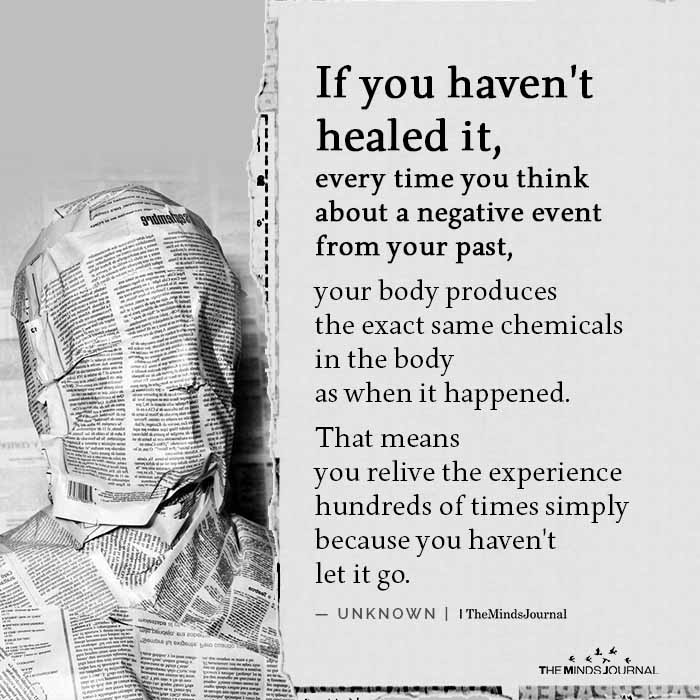
This article is based on a Quora.com post called: It’s been months since I went “complete” no contact to heal from narcissistic abuse, months since I started therapy, months of researching narcissism, and I still think about this person every day. When does this nightmare end? (June 17, 2018).
If you are a victim of narcissistic abuse, then the healing from the experience and the trauma is going to be a complicated and lengthy process. However, if you are positive and determined enough, you will find the path that leads you to a happier and healthier life.
Find Elinor’s book on amazon: Borderline, Narcissistic, and Schizoid Adaptations: The Pursuit of Love, Admiration, and Safety.
Written by Elinor Greenberg, Ph.D. Originally appeared in Psychology Today
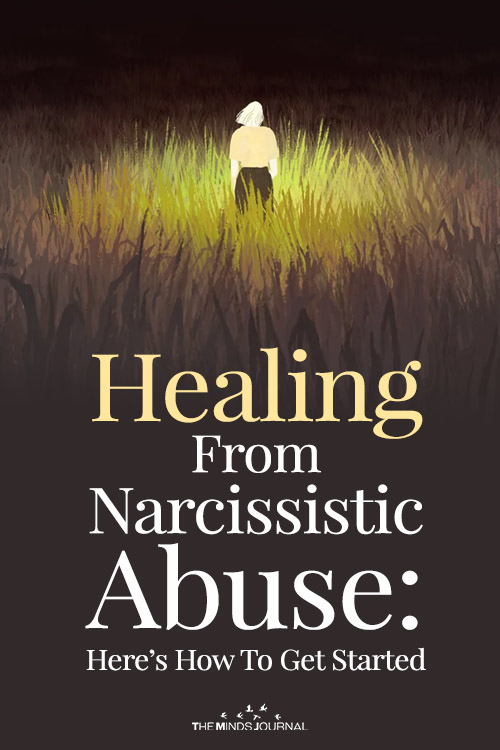
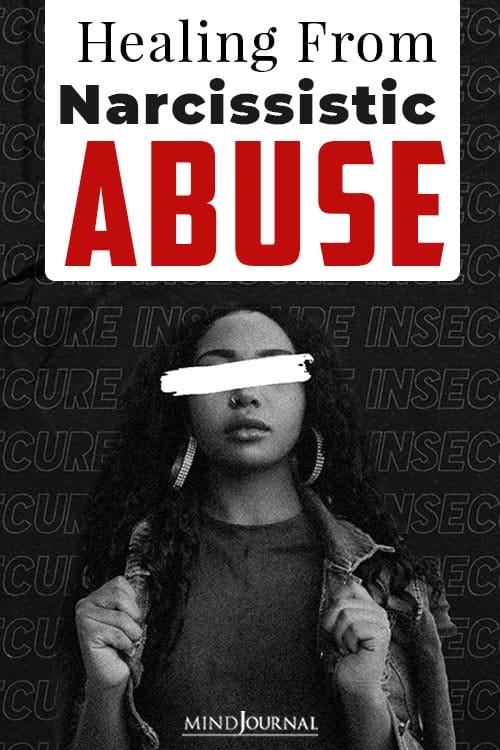


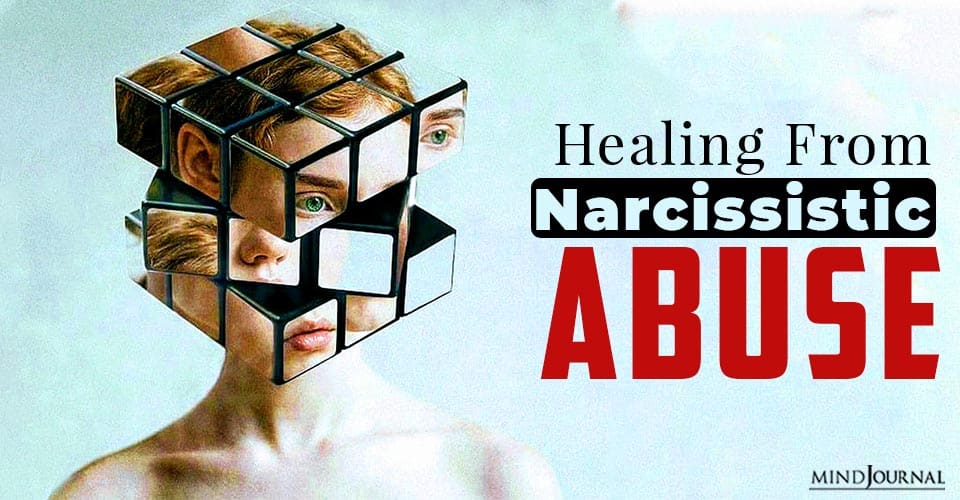







Leave a Reply